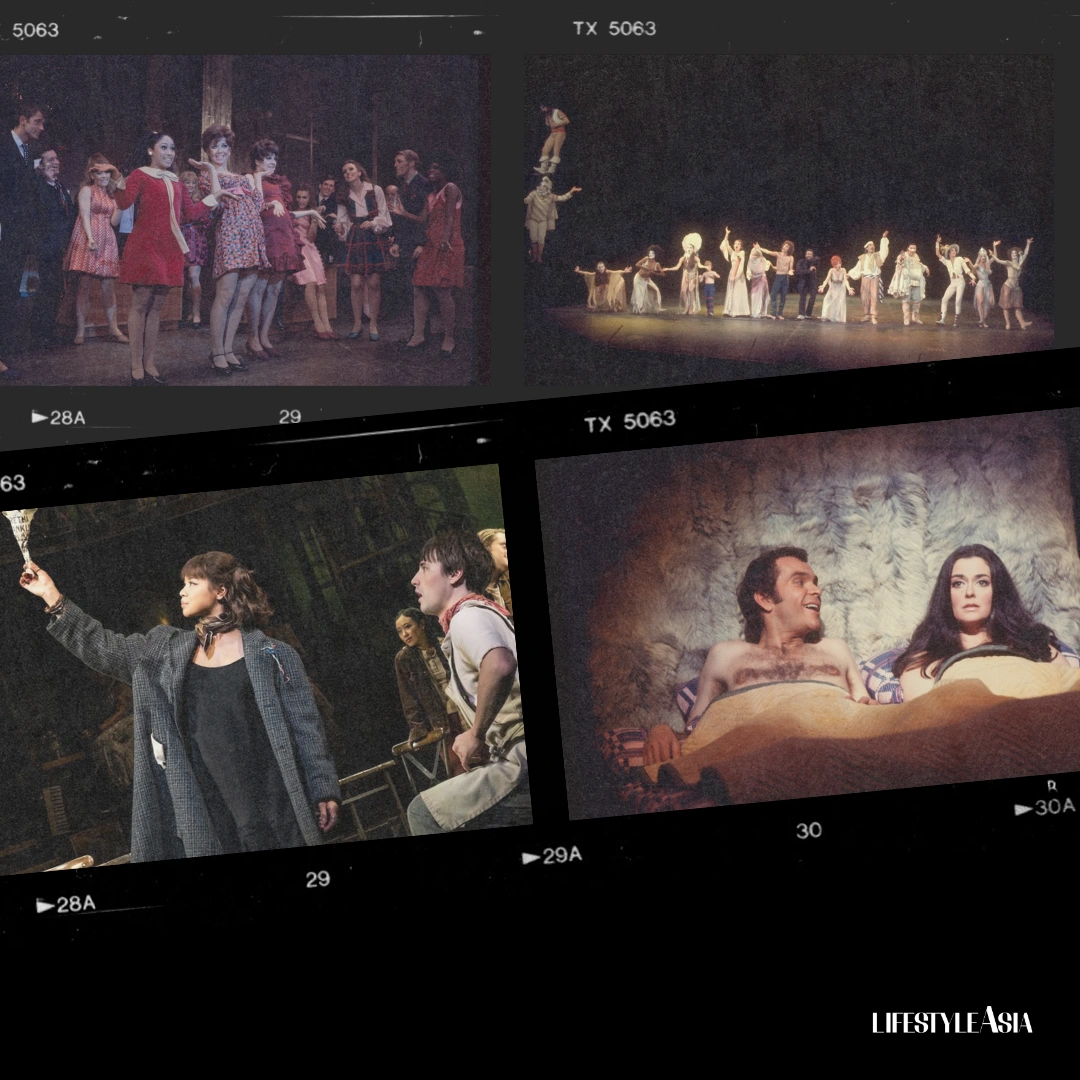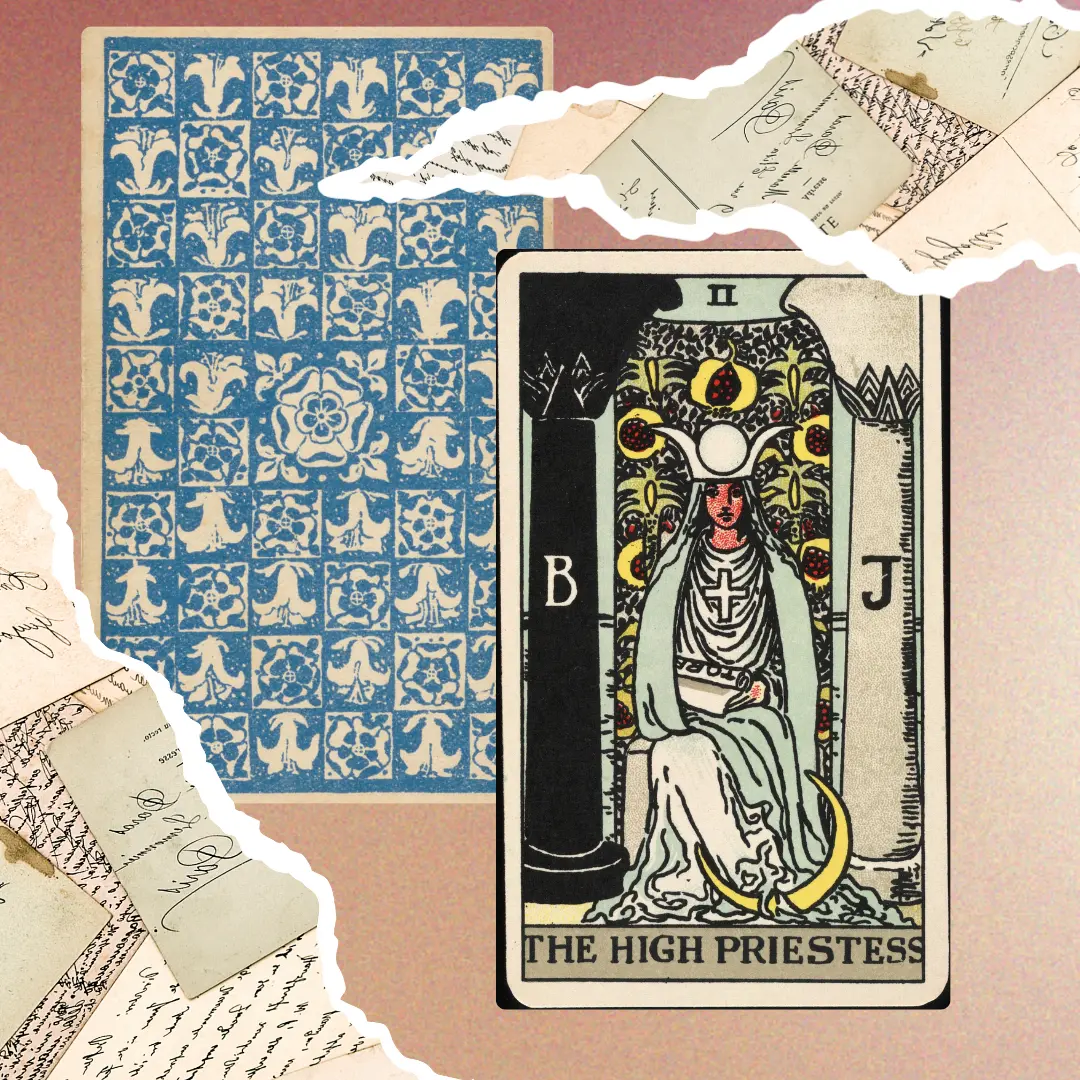Here’s our extremely unbiased list on which musicals deserve the silver screen treatment.
The world has seen its fair share of musicals adapted into film, with mixed results. Some have hit the mark, including recent adaptations like Wicked and West Side Story, while others have… well, let’s just say there was a vision, but not much else (sorry, Cats). The truth of the matter is, the stage and screen have always had a strange, frictional yet gravitational relationship—mainly because they’re so similar, yet still starkly different from one another as art forms.
We’ll admit, some musicals are just really difficult to translate into film, and their avid fans will even argue they shouldn’t be adapted to begin with (which, valid, you’d rather have nothing at all than a tainted silver screen memory).
Still, we remain hopeful: in the right hands, a film adaptation can highlight the best qualities of a musical and its more hidden aspects, cultivating a newfound appreciation for it. In the same vein, the stage can offer things the screen just can’t. So really, it was never a matter of what form is better—they both have their strengths and limitations.
As for what we think should be the next wave of hit movie musical adaptations? Well, we’ve got notes. Are they biased? Sure, but what list of favorite musicals isn’t?
READ ALSO: Melodious Must-Sees: 14 Classic Musicals To Watch Within Your Lifetime
Promises, Promises (1968)
Burt Bacharach and Hal David are arguably one of the greatest songwriting duos of all time. Together, they helped define the sound of the 1960s (and beyond), crafting unforgettable hits for legends like Dionne Warwick, Dusty Springfield, and Barbra Streisand, among others. But one of their lesser-known masterpieces lies in the score of Promises, Promises: a 1968 Broadway musical based on Billy Wilder’s Oscar-winning film The Apartment.
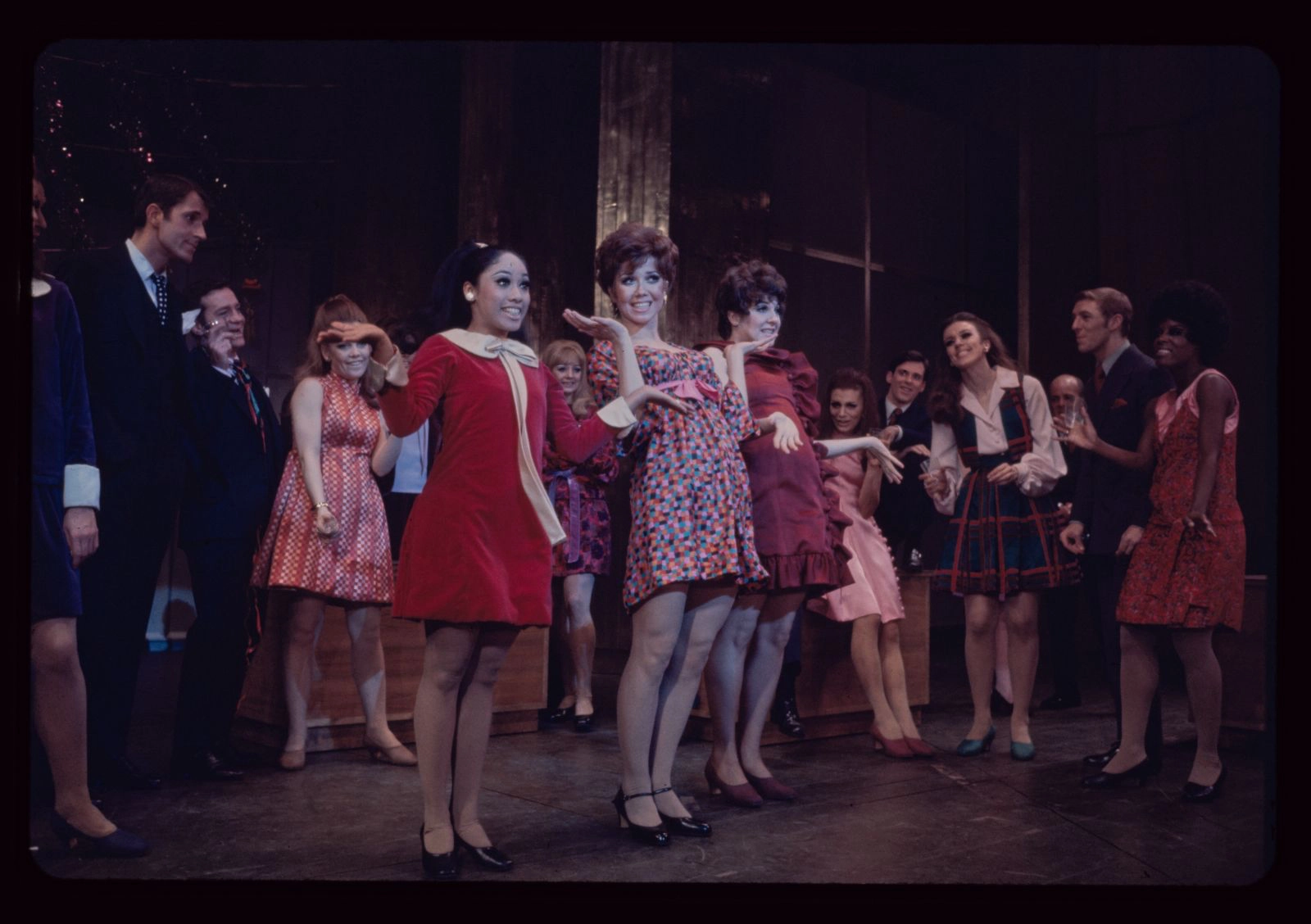
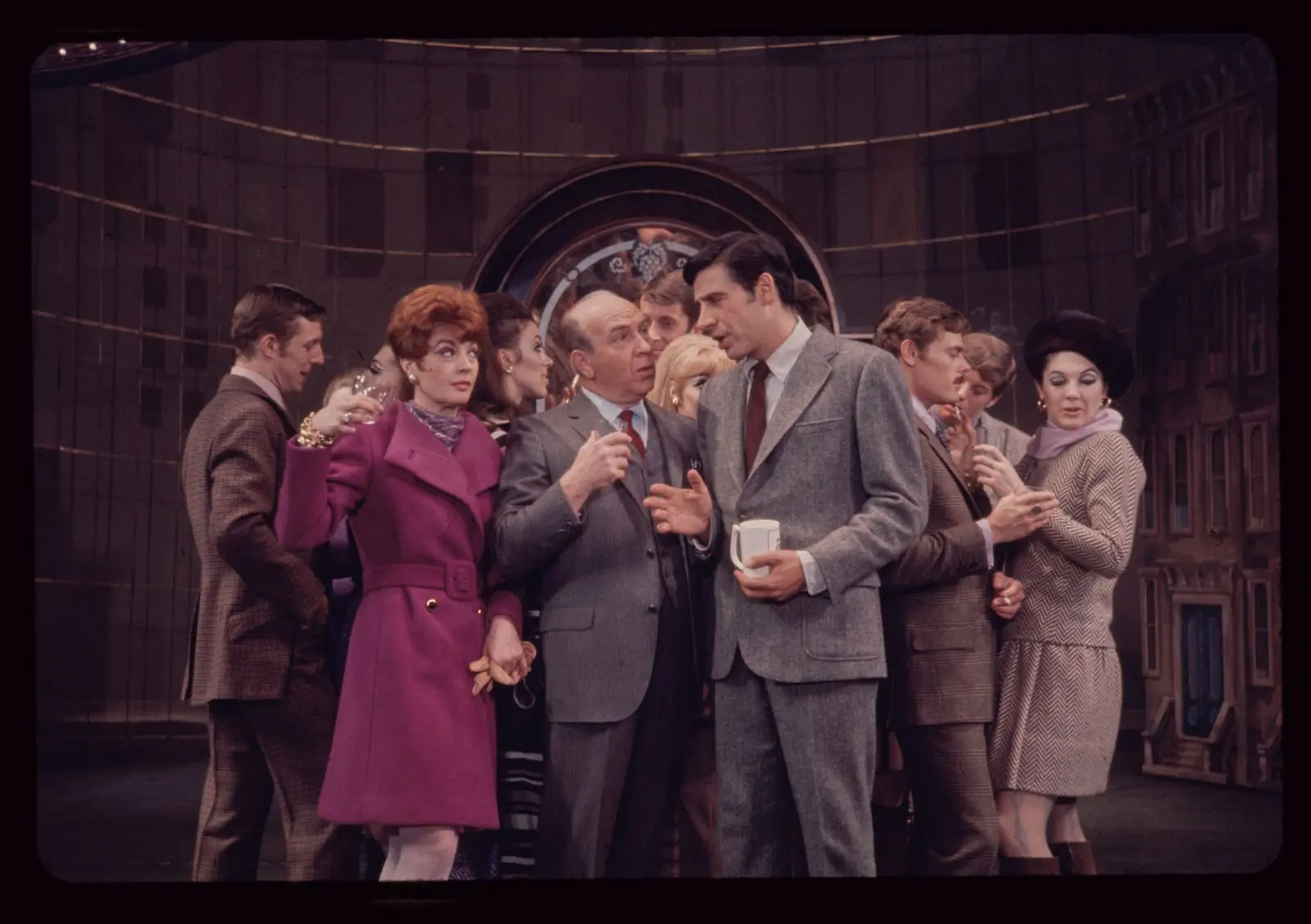
Much like the film, the story follows C.C. Baxter—renamed Chuck Baxter on stage (played by the legendary Jerry Orbach)—a well-meaning office worker who lends his apartment to company executives for their extra-marital affairs, hoping to climb the corporate ladder by doing so. Things take a turn when he discovers that the woman he loves, the charming elevator operator Miss Fran Kubelik, is having an affair with the big boss…and she’s been using his apartment to do it.
The show features some of Bacharach and David’s finest work, including the punchy, empowering title number “Promises, Promises” and the wistful ballad “I’ll Never Fall in Love Again,” both of which became hit singles for Dionne Warwick when the show premiered.
So why do we think this deserves a modern-day film adaptation? Because it’s timeless, it’s beautiful, it’s bittersweet. And it’s about time audiences rediscovered this unconventional love story, brought to life by two of cinema’s greatest minds, Billy Wilder and I.A.L. Diamond. And if we get to hear those stunning melodies in Dolby surround sound? Even better. Just imagine the showstopping number “Turkey Lurkey Time” on the big screen. It’ll be jaw-dropping.
Company (1970)
Stephen Sondheim’s masterpiece Company, which premiered in 1970, follows Bobby, a bachelor navigating his relationships with married friends on the eve of his 35th birthday. Widely considered a groundbreaking concept musical, it was among the first Broadway shows to candidly explore divorce, commitment, dating, and the messiness of modern relationships. It was a critical success, earning 14 Tony nominations and winning six, including Best Musical.
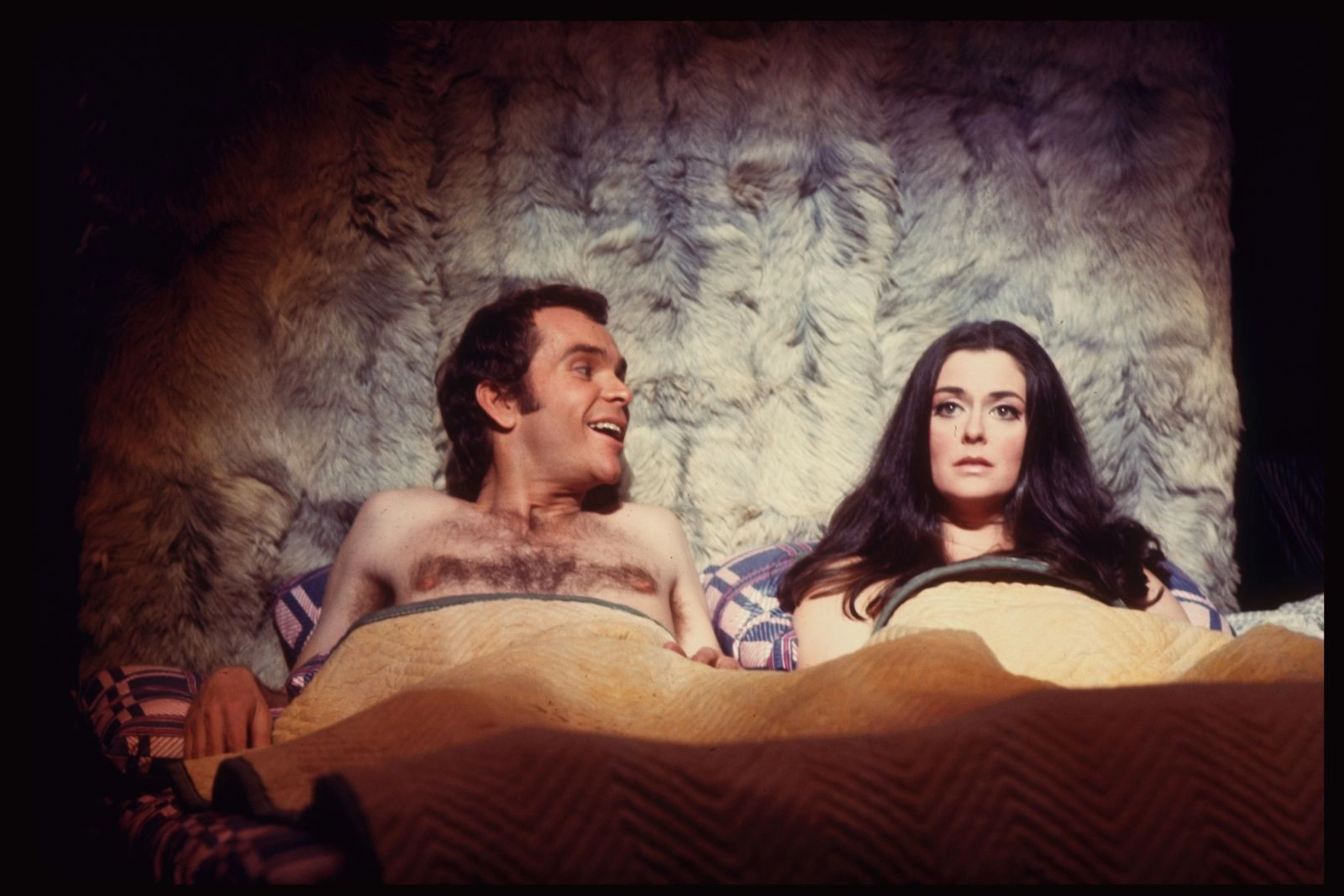
Since then, Company has been reinterpreted numerous times, most recently in an acclaimed gender-swapped production that premiered during the pandemic. While many consider it “unfilmable” due to its fragmented structure, Company absolutely deserves the big screen treatment. It’s one of the most poignant works in American theater—not just thought-provoking and emotionally rich, but also home to one of the greatest scores Sondheim ever wrote, with standouts like “Being Alive,” “Another Hundred People,” and “The Ladies Who Lunch.”
Sure, filmmaker Noah Baumbach tried to sneak a few Company songs into his brilliant Marriage Story, but that doesn’t count—though we respect the effort. Honestly, he might be the perfect director to take on a musical that dives headfirst into the complicated human condition. Until then, we’ll happily revisit D.A. Pennebaker’s legendary 1970 documentary about the making of the Original Broadway Cast Recording, which has been immortalized by the Criterion Collection, theater drama and all.
Pippin (1972)
We’re honestly surprised that Pippin hasn’t been adapted for the silver screen yet. First off, the classic musical is quite the blank canvas. The early productions of Stephen Schwartz and Bob Fosse’s peculiar yet impactful bildungsroman were bare bones: it focused more on a streamlined ensemble of complex characters and conceptual movements that bolster its thematically-rich plot, and elaborate set designs or flashy dance numbers weren’t priority. Just watch recordings of these performances, and you’ll see: there’s plenty of potential to expand the musical’s more fantastical, surreal elements.
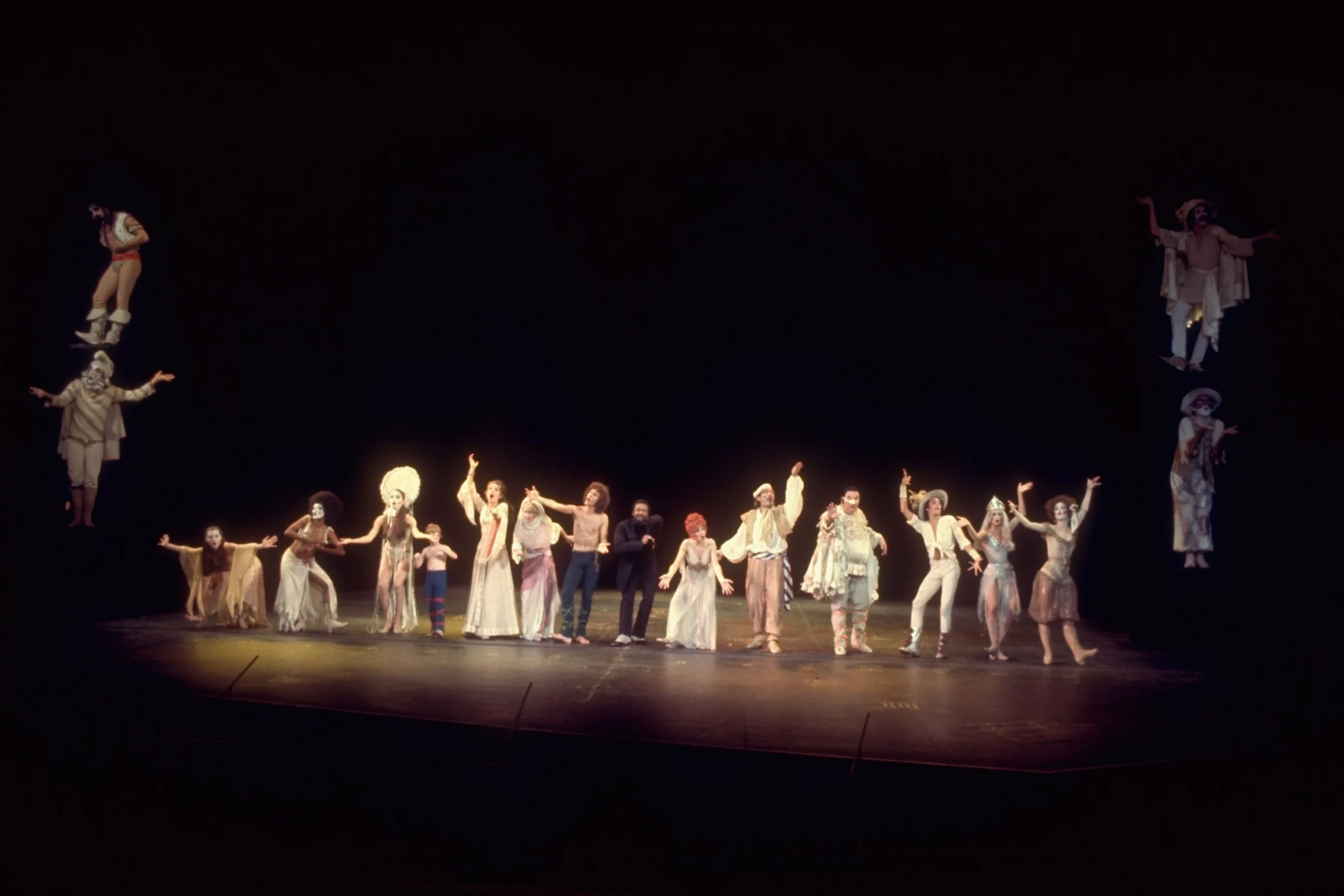
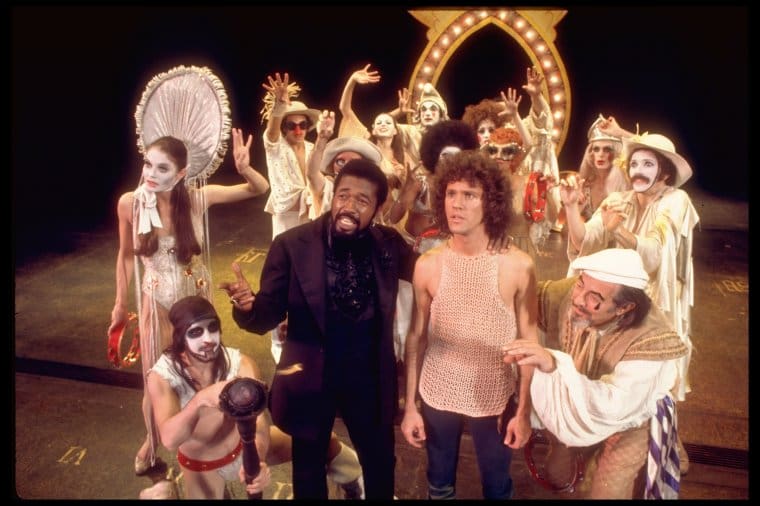
Pippin follows its titular protagonist (originally played by John Rubinstein), an idealistic young prince struggling to find his place in life as he navigates the world of war, romance, and politics. Its plot is narrated by an enigmatic theater troupe, led by the almost god-like “Leading Player” (the inimitable Ben Vereen) who manipulates Pippin’s narrative, creating a sense of illusion and spectacle both within the musical’s plot and on a metafictional level (think of how fun the musical’s fourth wall breaks would be in film).
In some ways, Pippin’s newer 2013 production did expand on this with its more extravagant and flamboyant circus setting a la Cirque du Soleil. So, if a capable filmmaker decides to take up the challenge of translating this vision to screen? Sign us up. And really, who wouldn’t want to see the numbers “Magic To Do” and “Corner of the Sky” play out in vibrant, cinematic fashion?
Miss Saigon (1989)
Where do we even begin with Miss Saigon? Granted, it’s the tragic tale of a young Vietnamese prostitute who falls in love with an American soldier during the Vietnam War. But since its debut in 1989, the musical has been deeply loved in the Philippines, largely thanks to the involvement of national treasure and global musical icon Lea Salonga, who originated the role of Kim at just 17 years old. Since then, it’s become something of a tradition to cast incredibly talented Filipinas in the role. Most recently (and memorably) Eva Noblezada in the 2014 West End revival, which was later immortalized in a beautifully filmed version for television.
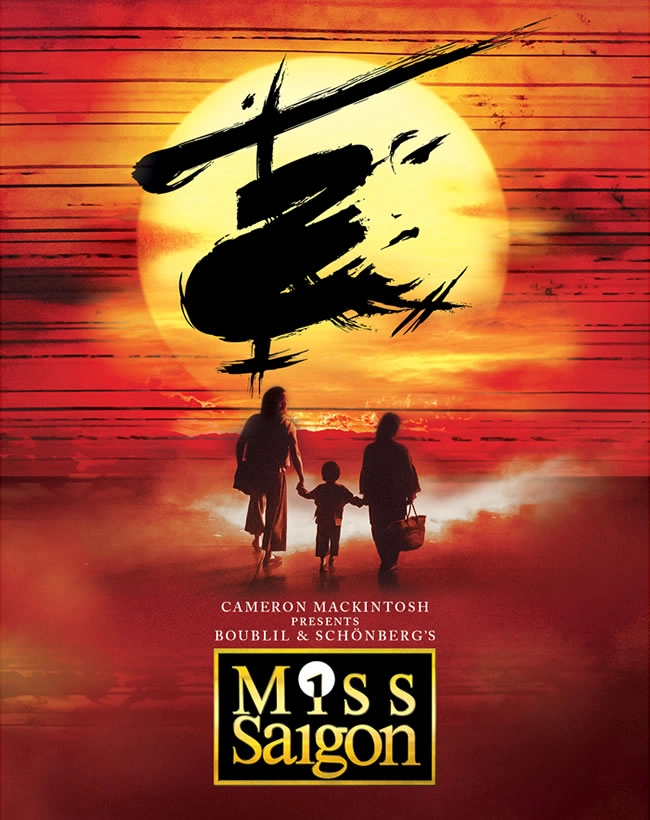
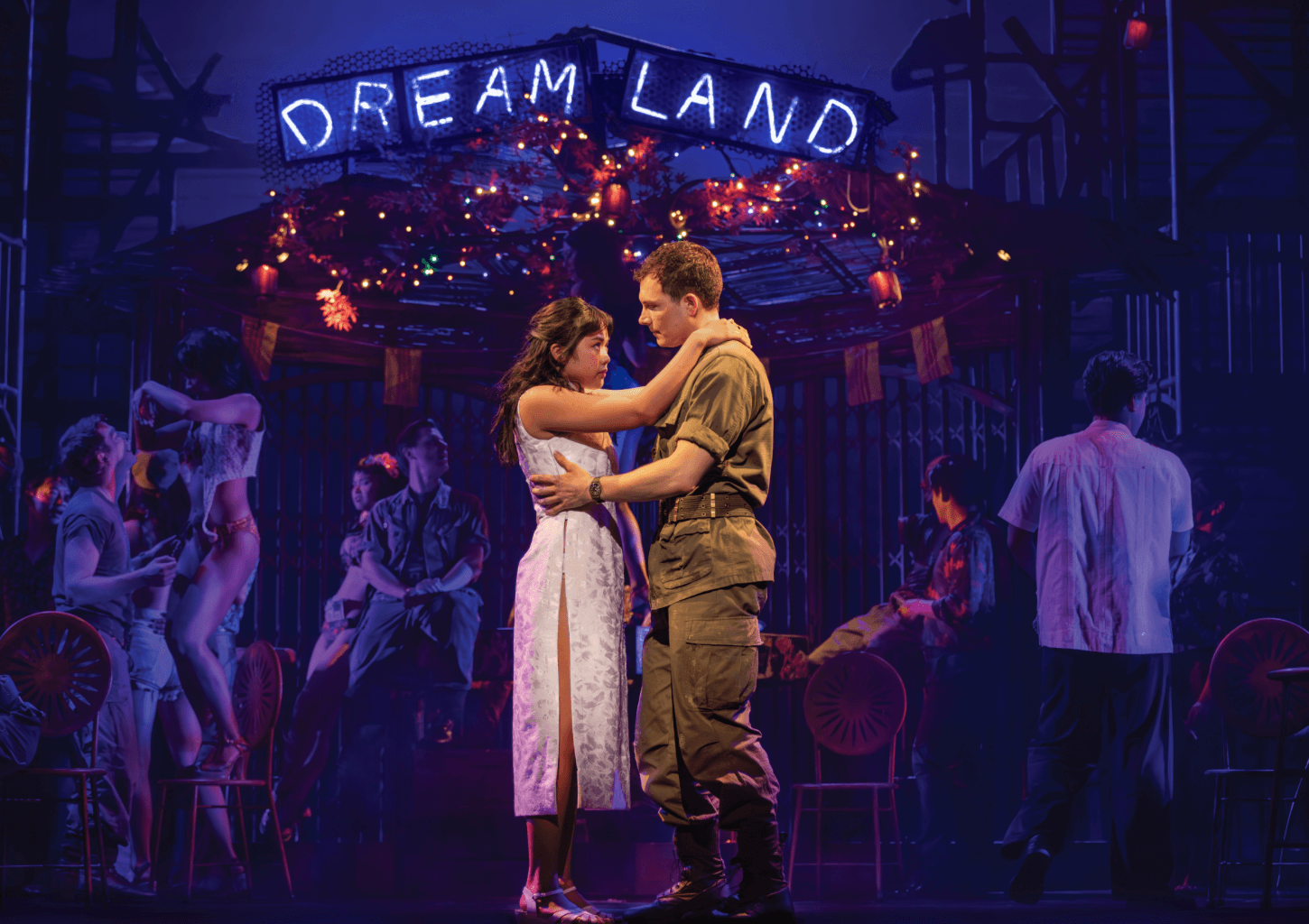
While we completely understand that today’s filmmakers might want to cast a racially appropriate Vietnamese actress in the lead role, that doesn’t make us any less excited for a potential film adaptation. Miss Saigon’s sweeping, operatic scale, heartbreaking romance, and unforgettable score are made for the silver screen. Think about the magic a skilled, visionary director could bring to it. (Let’s get Spielberg to do it, please).
In fact, if done right, a film version of Miss Saigon wouldn’t just be a big potential hit with audiences and critics, it could be a full-blown Oscar contender. We’re talking Best Picture, Best Actress, and yes, Best Actor for the role of the Engineer, which has always been a show-stealing part. Let’s make it happen!
READ ALSO: Backstage Musings: The Miss Saigon 2024 Cast Reflect On Their Roles And Professional Journeys
Spring Awakening (2006)
Spring Awakening will remain one of the gutsiest musicals in the canon—which is probably why it hasn’t gotten a film adaptation yet. After all, it was based on the controversial 1891 German play Frühlings Erwachen by Frank Wedekind, which did get adapted into several films, yet none of them were based on the 2006 musical. There was word of one in the works back in 2014, but there hasn’t been any updates since then.
It’s a difficult piece to adapt for the big screen because of its darker themes and more abstract onstage executions. Centering on the lives of young teens in 19th-century Germany, both the play and musical didn’t shy away from depicting heavy topics like minors engaging in sexual acts, sexual assault, and suicide. The behind-the-scenes documentary of Spring Awakening: Those You’ve Known revealed that, while its original cast felt at ease with one another, playing such taxing roles did take a toll on them at a young age.
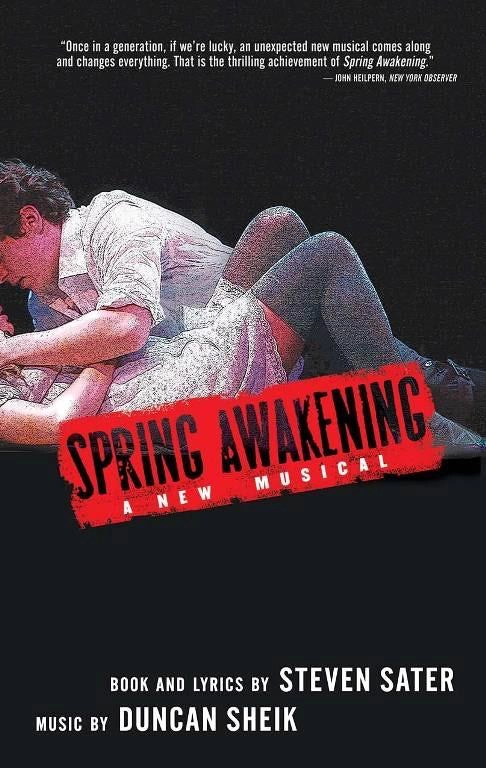
But with the right intimacy coordinator and a sensitive team behind the cameras—perhaps even slightly older actors—a film can happen. Plus, in today’s world, it’s probably no more provocative or disturbing than anything auteurs like Ari Aster have shown us. It’s easy to see Spring Awakening as misery porn: grief for grief’s sake, put your darlings into the meat grinder—but its loyal fans and eight Tony Award wins prove that it doesn’t exist for mere shock value. Ultimately, it’s a story about the repercussions of a repressive society that puts shame and guilt at the forefront.
The lives of these young characters are upended because society refuses to acknowledge their sexual awakenings, burgeoning identities, and mental anguish—and if that’s not a universal, prevalent problem that deserves a nuanced silver screen treatment, we don’t know what is. The musical’s unorthodox, alternative rock songs by composer Duncan Sheik would also provide just as much interesting contrast and layers to the film as it did on stage.
The Book Of Mormon (2011)
In the documentary 6 Days to Air: The Making of South Park, longtime fans of the animated satirical show get a rare glimpse into the creative process of creators Trey Parker and Matt Stone, who, since the show’s inception in the late 1990s, have been involved in every single episode that has aired. What makes this particular documentary especially compelling is that Parker and Stone are shown preparing the 15th season premiere of South Park while coming off the whirlwind debut of their first Broadway musical, The Book of Mormon—another satirical masterpiece, this time centered on the Mormon religion. The show starred Andrew Rannells and Josh Gad as two overly eager missionaries sent on their first assignment to Uganda.
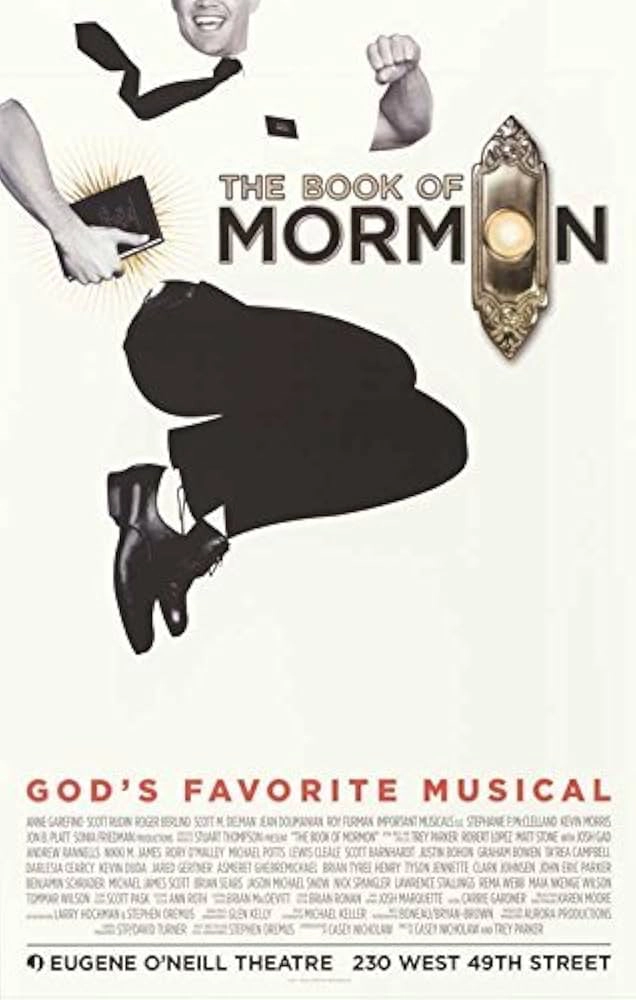
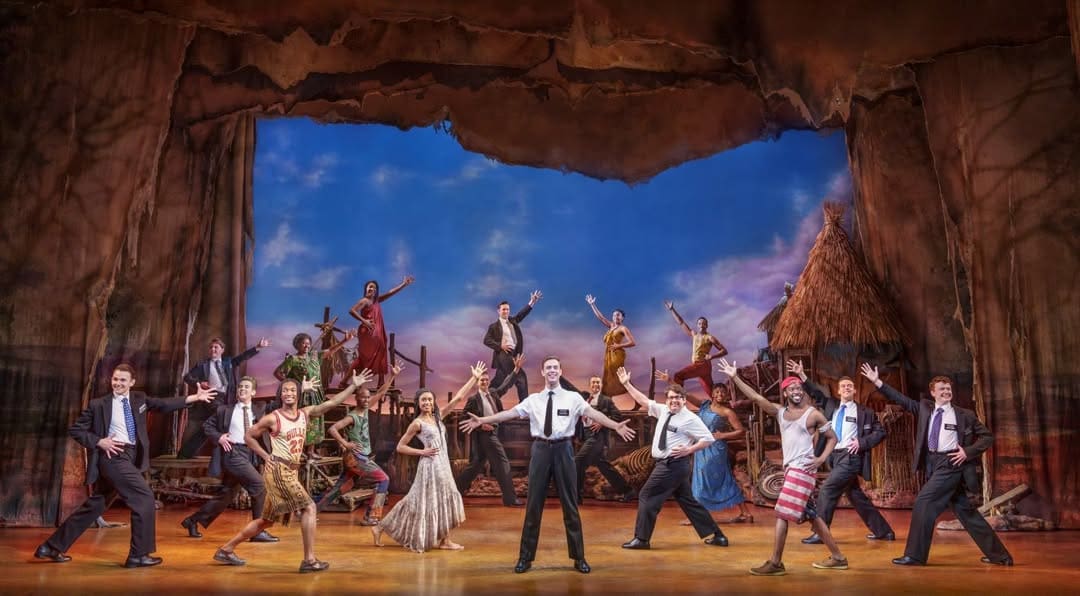
The musical was an instant smash, with the original production winning nine Tony Awards. Since then, it has grossed nearly a billion dollars in box office returns, becoming one of the most successful musicals to ever hit the Broadway stage. The hilarious, borderline-offensive story and score are right up the South Park duo’s alley—and while modern audiences might find some of its content shocking, we still believe it deserves a film adaptation. Art should be challenging, even when it’s completely ridiculous. Just look at South Park.
If Andrew Rannells’s iconic Tony performance of “I Believe” is any indication (often hailed as one of the greatest in the award show’s history), they better make it ASAP—before he gets too old for the role. (He probably is…but if Ben Platt can play Evan Hansen, why not? At least Elder Price wasn’t in high school.)
Heathers The Musical (2014)
1989’s dark comedy Heathers is immaculate—and Winona Ryder will undoubtedly remain the Veronica Sawyer. That said, its musical production, which first premiered in 2014, deserves a film of its own. Its entire score manages to capture the gritty spirit of its source material while adding even more depth to its twisted, messy high school ensemble.
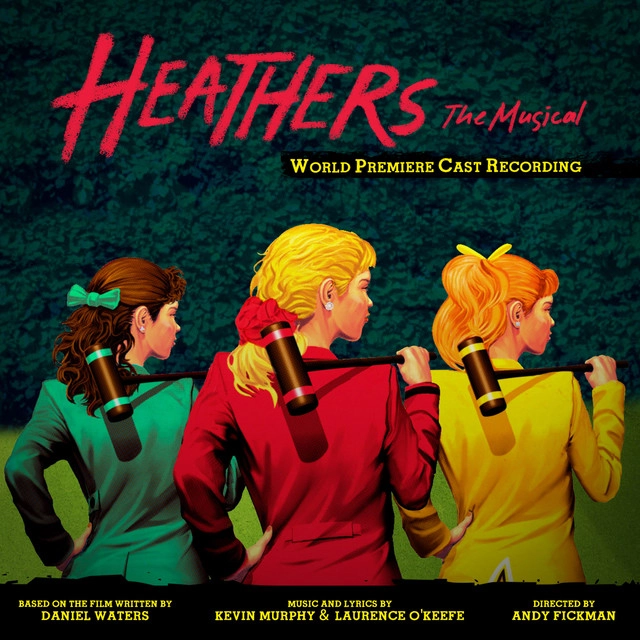
Give Laurence O’Keefe and Kevin Murphy’s brilliant soundtrack a listen, and the hypothetical film adaptation just effortlessly plays in your head with explosive songs like “Beautiful,” “Candy Store,” and “Dead Girl Walking” perfectly contrasting slower ballads that reveal each character’s vulnerabilities like “Seventeen” and “Meant to Be Yours.” The 1989 movie already proved that you can make an amazing film out of the story’s plot—add the musical’s songs to the mix, and you might just have a silver screen hit in your hands.
While its original cast members are older than the characters they played, it would be a dream to have them star in the movie—the vocals of performers like Barrett Wilbert Weed (Veronica) and Ryan McCartan (Jason “J.D.” Dean) are so distinct, they helped define the musical itself. Heathers The Musical is also returning to New York’s New World Stages (where it first made its off-Broadway debut), and recently released a deluxe edition of its world premiere cast recording—developments that will likely bring in new fans over the coming months. Now is as good a time as ever to announce an upcoming film adaptation.
Hadestown (2019)
Hadestown is one of the freshest titles on this list, but the earlier we start begging Tinseltown for a good film adaptation, the sooner we might get one. The magnificent brainchild of songwriter and musician Anaïs Mitchell is a retelling of the Greek myth of Orpheus and Euridyce, set in a unique Depression-era world that features an industrial Americana aesthetic. Don’t you think that would look amazing on screen? We certainly do.
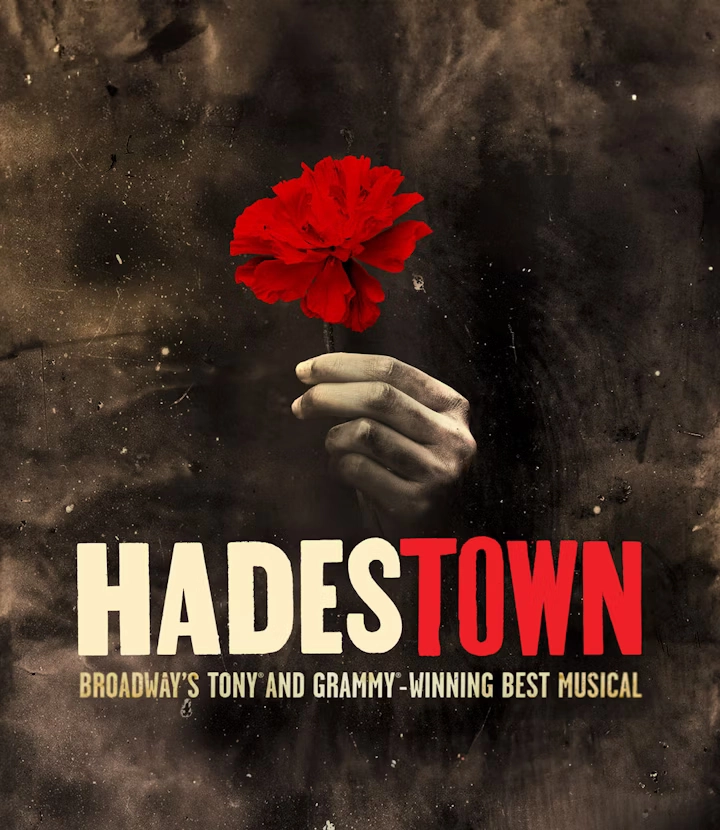
Hollywood loves its tragic love stories, and nothing quite compares to the yearning and heartache present in this tale of two lovers. In the original story, the talented bard Orpheus journeys to the Underworld—going through a number of trials and tribulations—to ask Hades (god of the Underworld) to let him bring his dead wife, Euridyce, back to the living world. The only condition? Don’t look back.
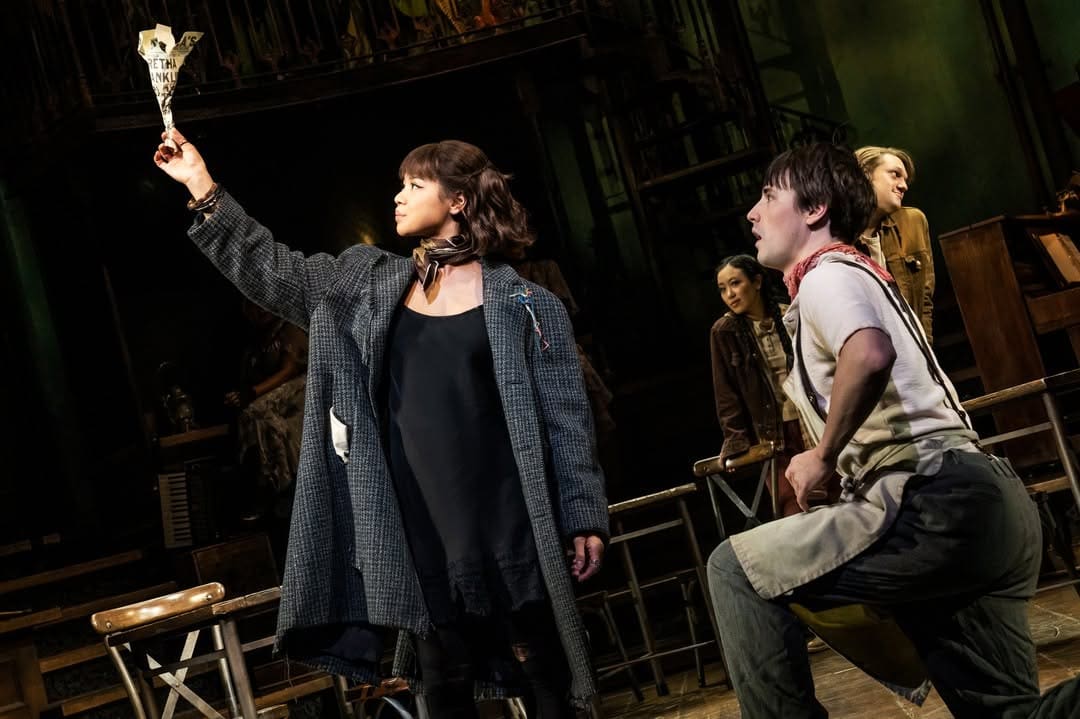
The musical brings a fresh spin to this concept, making Hades (the great Patrick Page) the ruler of a factory-like, authoritarian realm where industrialization and emotional desolation reign supreme. Instead of dying, Euridyce (first played by Eva Noblezada) is lured to this realm to seek a more comfortable, promising life amid poverty—even if she begins falling for the earnest musician, Orpheus (originally played by Reeve Carney). It’s a bittersweet odyssey that paints a deeply human picture of love, and we’d kill to see it play out in film. And yes, audiences both new and old are still going to shed a few tears listening to the reprise of “Wait for Me.”
(As a special request, please let André De Shields reprise his role as the psychopomp god Hermes, who joins a chorus of Fates to narrate Orpheus’s story—it’s just not Hadestown without him. We’re sure you’ll agree.)
